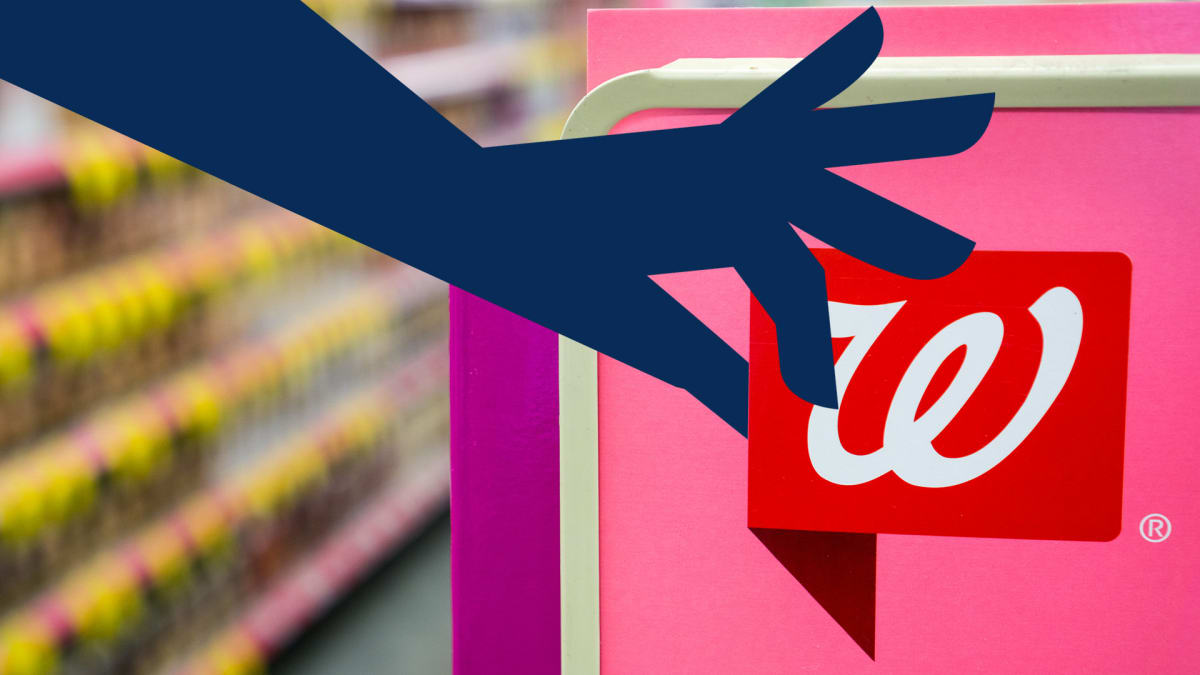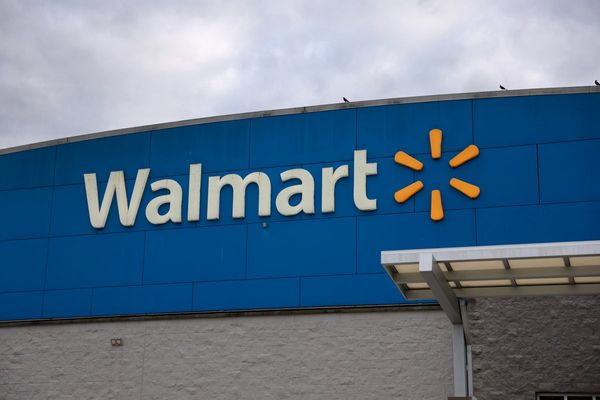
If you live in a city, you'll likely noticed the changes made by many grocery store chains over the last two years. Plastic cases around shampoo and Tide detergent. Packages of soap and $4 deodorant under lock and key and employee call buttons for those who want to buy them.
The move to put more and more product under lock and key, which retail giants like Walgreens (WBA), Rite Aid (RAD,) and CVS (CVS) said were necessary as shoplifting rates rise, also spark major political battles -- while conservatives see it as one more indication of city leaders being weak on crime, those with more progressive politics criticize what amounts to starting out with an initial distrust of one's customers and community.
The one unifying thread is that nobody likes having to call a store employee to "unlock" a $5 bag of candy -- a customer call that, until now, largely went unheeded.
"We're looking at literally putting everything behind showcases to ensure the products are there for customers who want to buy it," Rite Aid's Chief Revenue Officer Arnaud Persaud said during the chain's last earnings call. "We've even had to go to the extent of using off-duty police officers in some of our stores."
'Maybe We Cried Too Much', Says Walgreens CFO
But while shoplifting is definitely on the rise (one retail research group estimated that the average retailer went from having 0.7% to 1% of its sales lost to theft pre-pandemic to between 2% and 3% now), drug store executives have started to signal a change in how they approach the problem.
"Maybe we cried too much last year," Walgreens CFO James Kehoe said during the company's most recent earnings call on Jan. 5. At the start of 2022, Kehoe said that there's been a 52% increase in shoplifting losses and lamented that it was not "petty theft" but "gangs that actually go in and empty our stores of beauty products."
Now that Walgreens has admitted it may have overdone things with its response, the next steps could include cutting back on some in-store security or having fewer products in plastic casing. But overall, Kehore says that Walgreens is "quite happy with where we are."
Are Major Drug Store Chains Starting To 'Step Back?'
"We've put in incremental security in the stores in the first quarter," Kehoe also told analysts of security staffing. "We probably put in too much. We might step back a little bit from that."
Kehoe's reflections on the fact that the chain might have overreacted is a sharp swerve from the rhetoric of almost all of Walgreens' competitors. Less than a month ago, Walmart CEO Doug McMillon said that higher prices and store closures are the next logical step if theft rates continued as they are.
Kehoe, in turn, told analysts that shrinkage (a retail term that refers to inventory lost to shoplifting but also everything from damage, loss, vendor error, and everything other than sales) is somewhere around the 2% line after making up 3.5% of all sales at one point in 2022.
The increased security and locks certainly contributed to that drop but both Kehoe's comments and the lower numbers signal that big drugstore chains may be entering a new phase of the push-and-pull between protecting inventory at all costs and creating a pleasant shopping experience for customers.







